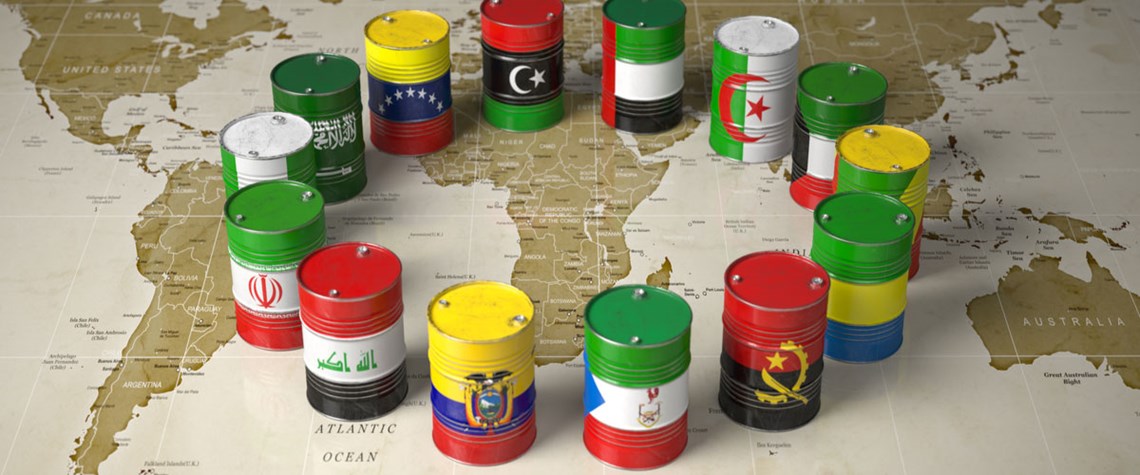Nigeria and Angola struggle to reverse quota failures
The inability of Opec+ to meet its increased production target is due in part to significant shortfalls from the two African suppliers
Nigeria’s and Angola’s oil output is likely, for differing reasons, to continue to fall short of Opec+ quotas in 2022 and might continue to underperform in coming years. “Nigerian production had a bad year in 2021,” says Richard Bronze, head of geopolitics at consultancy Energy Aspects, due “to a combination of various technical issues and disruptions as well as a general backdrop of insufficient investment to sustain capacity”. Many of Nigeria’s most prominent crudes were impacted by technical or operational problems, particularly in the second half of the year. Most of these issues are temporary and can be fixed, says Gail Anderson, research director at consultancy Wood Mackenzie. But “in

Also in this section
17 February 2026
The 25th WPC Energy Congress, taking place in Riyadh, Saudi Arabia from 26–30 April 2026, will bring together leaders from the political, industrial, financial and technology sectors under the unifying theme “Pathways to an Energy Future for All”
17 February 2026
Siemens Energy has been active in the Kingdom for nearly a century, evolving over that time from a project-based foreign supplier to a locally operating multi-national company with its own domestic supply chain and workforce
17 February 2026
Eni’s chief operating officer for global natural resources, Guido Brusco, takes stock of the company’s key achievements over the past year, and what differentiates its strategy from those of its peers in the LNG sector and beyond
16 February 2026
As the third wave of global LNG arrives, Wood Mackenzie’s director for Europe gas and LNG, Tom Marzec-Manser, discusses with Petroleum Economist the outlook for Europe’s gas market in 2026







